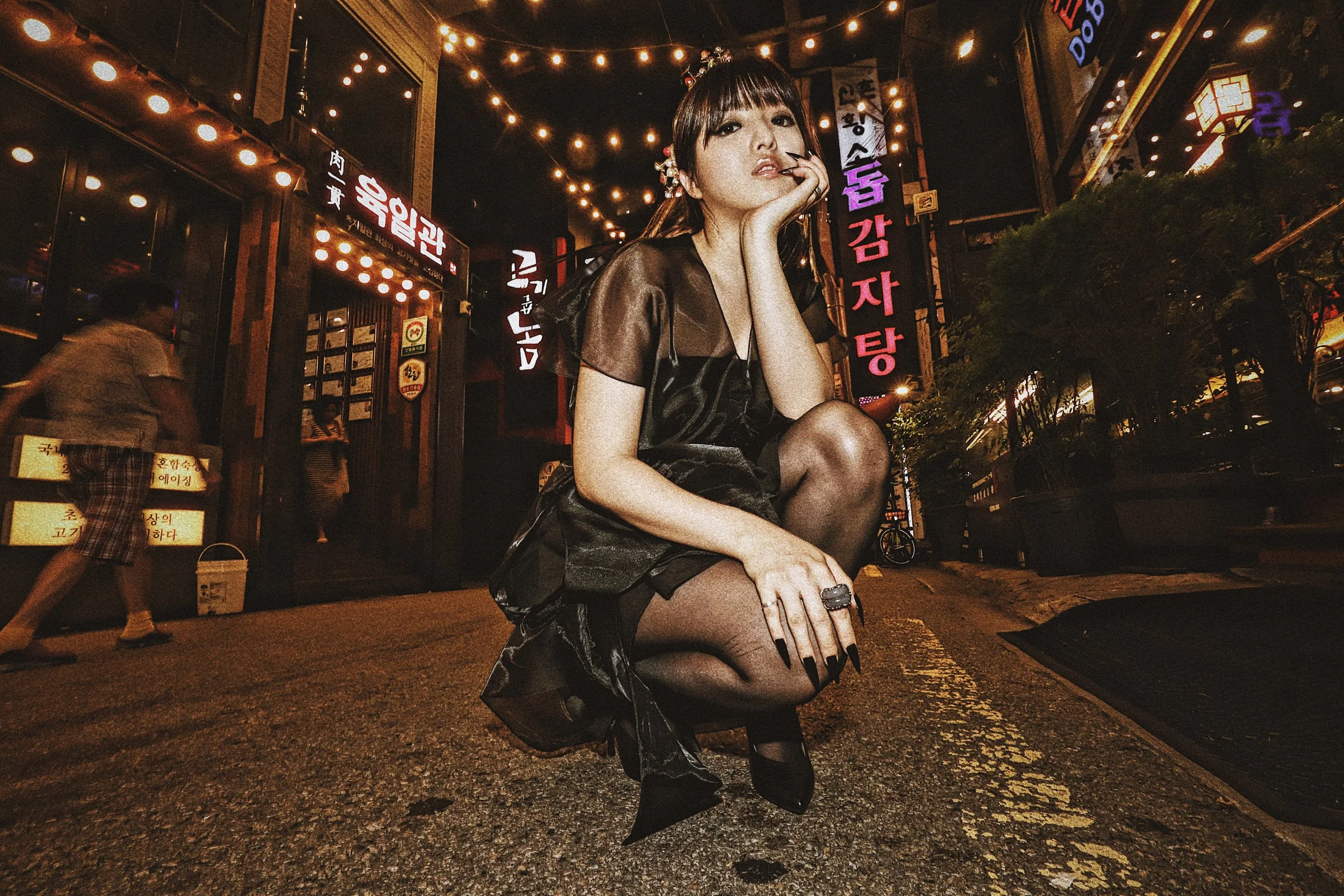
Korean Studies, Level 2.
When you finish with the palaces, museums, and “hanbok experience” tours, you come to us.
The new style of Korean Studies.
Updated, upgraded for a new age.

the problem:
The Level 2 Gap
Every year, over 15,000 students complete introductory Korean studies programs at institutions from Yonsei, Seoul National and Korea Universities, to Harvard’s Summer School in Korea and beyond. After finishing basic language courses, temple stays, and cultural orientation, these students face a troubling reality: there is absolutely nowhere to advance their Korean studies education.
The Bottleneck
All existing summer Korean studies programs dead-end at the introductory level. Students graduate with cultural tourism experiences, not research capabilities or a deeper level of engagement with Korea.
The Solution
KARSI provides the missing “Level 2” experience – advanced, research and praxis-based training that assumes a basic level of Korean language ability and cultural literacy, emphasizing focused social investigation with a research methodology, the application of theory, and the production of original research. What better way to know a place than to operate professionally within it?
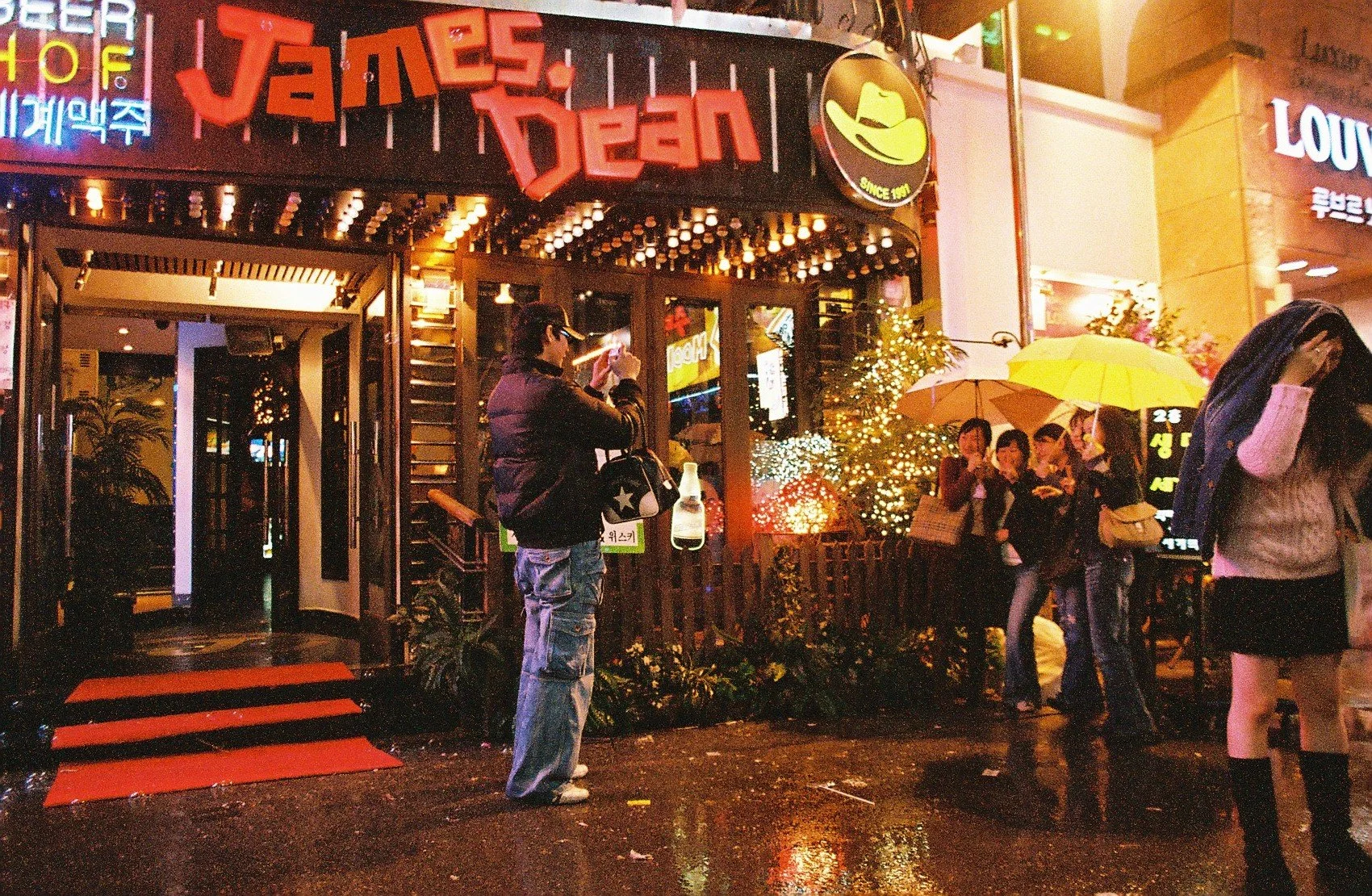
Real Korea.
190 Proof.
KARSI: WHERE SERIOUS KOREAN STUDIES BEGINS
This ain’t yer grandpa's Korean Studies.
We reject cultural tourism masquerading as scholarship. You’ve already done the palace tours. You don’t need any more kimchi-making lessons. And fan service disguised as academic analysis isn’t what you want.
KARSI transforms Korean culture consumers into Korean studies specialists.
Our students arrive bright, digitally native, and demanding. They expect methodological rigor, not cultural appreciation. They want to produce original research, not consume sanitized content.
We deliver Level 2 Korean studies—advanced analytical training that assumes cultural literacy and focuses on what serious scholarship actually looks like. Street-level ethnography meets critical theory. Urban transformation decoded. Cultural production systems analyzed. Gender dynamics investigated.
Our aesthetic matches our approach: Vogue meets Vice meets American Journal of Sociology.
Sleek. Incisive. Uncompromising. Even this site’s visual punch is metonymic of our dedication to doing cutting-edge research, eschewing the expected nod to the staid, safe sensibilities of old-fogey academia. You could have the expected, boring lady-in-a-hanbok looking demure and traditional, in the mode of countless palace tours and Visit Korea Year calendars. Our lady-in-a-hanbok is in and of the street, with a designer brand, modern hanbok worn in one of the hottest places (핫플) in Seoul.
What’s it all add up to? Graduates capable of contributing new knowledge to Korean studies. Not cultural tourists. Scholars.
The Korea Advanced Research & Studies Institute.
Sharp. Sophisticated. Unafraid.
Faculty & Staff
-
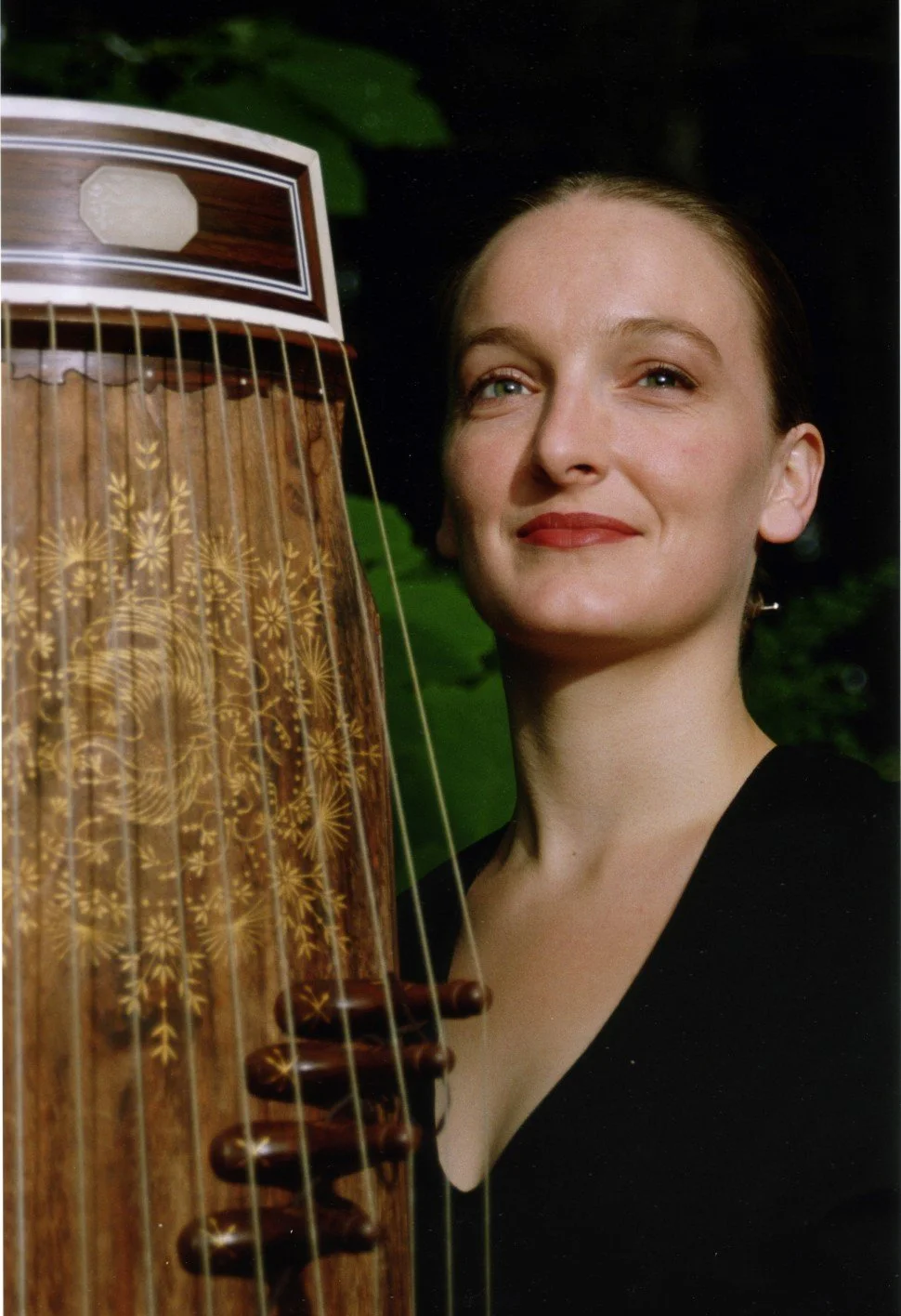
Dr. Jocelyn Clark
Dr. Jocelyn Clark is an Assistant Professor at Pai Chai University specializing in Korean traditional music performance and comparative East Asian aesthetics. Her research combines scholarly rigor with embodied cultural practice as a government-registered 이수자 in gayageum sanjo. Her Harvard PhD in East Asian Languages and Civilizations, combined with her traditional performance credentials, advocates for embodied research methods that integrate theoretical understanding with practical mastery of Korean aesthetic traditions.
-
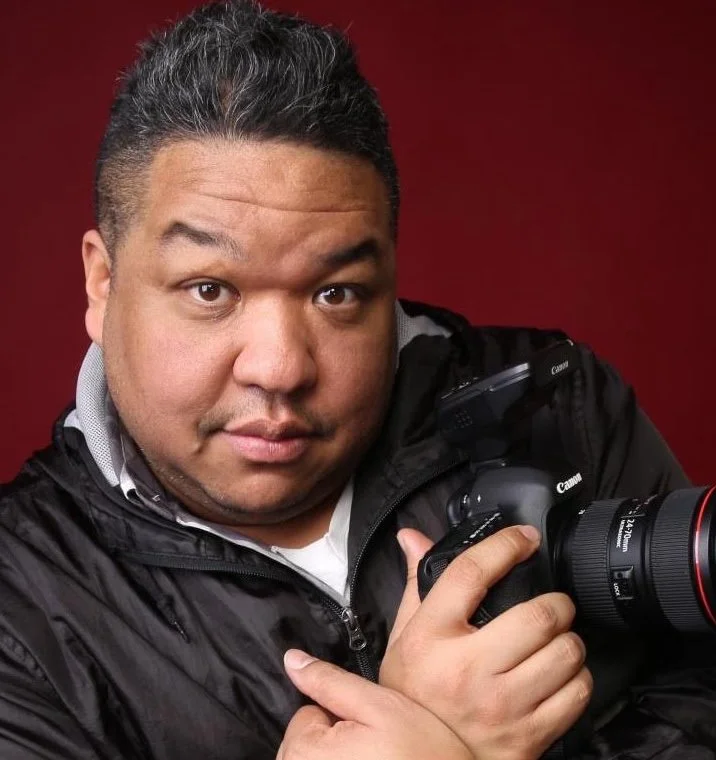
Dr. Michael Hurt
With a PhD in Comparative Ethnic Studies from UC Berkeley, Dr. Hurt specializes in visual sociology, urban studies, and embodied knowledge found in sartorial expression as ethnographic data, while lecturing in Cultural Theory at the Korea national University of the Arts. (한국예술종합학교) He pioneered the documentation of Seoul's street fashion culture and conducts ethnographic research on hallyu's global transmission. His book project SEOULACIOUS SOCIOLOGY: The SNAP Manifesto provides concrete protocols for using ethnographic photography to decode cultural meanings embedded in everyday social practices, establishing a new methodological toolkit that transforms how sociologists and ethnographers collect and analyze visual data.
-
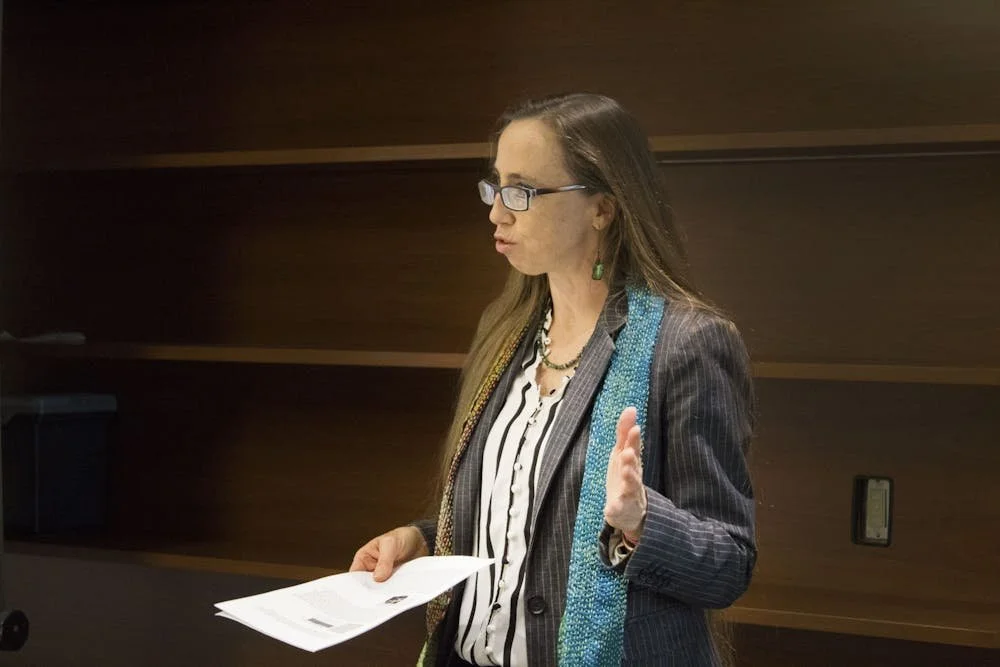
Dr. CedarBough Saeji
Dr. CedarBough Saeji is an Assistant Professor in Korean and East Asian Studies in the Department of Global Studies at Pusan National University. With her UCLA PhD in Culture and Performance, she pioneers theoretical approaches to understanding Korean cultural production beyond fan appreciation, examining the complex systems of labor relations, state policy, and transnational capital flows. Her autoethnographic methodology challenges conventional Korean studies pedagogy, developing sophisticated frameworks for understanding culture as infrastructure rather than entertainment.
-
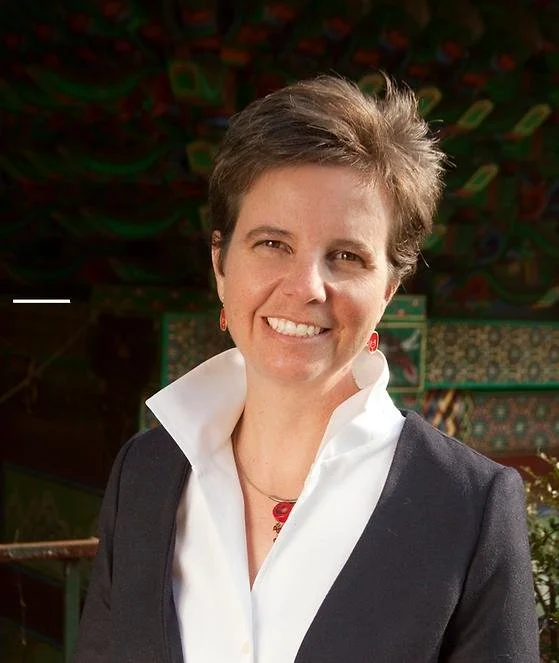
Dr. Heather Willoughby
Heather Willoughby is a Professor in the Graduate School of International Studies at Ewha Womans University, specializing in Korean and comparative socio-cultural studies. With her Columbia University PhD in Ethnomusicology, she conducted pioneering research on p’ansori and the Korean concept of han, while also providing foundational scholarship on gender representation in Korean popular music from the 1920s through contemporary K-pop. Having lived in Korea for over 20 years, her research bridges traditional Korean heritage with critical analysis of contemporary media culture, combining deep cultural immersion with rigorous academic methodology.